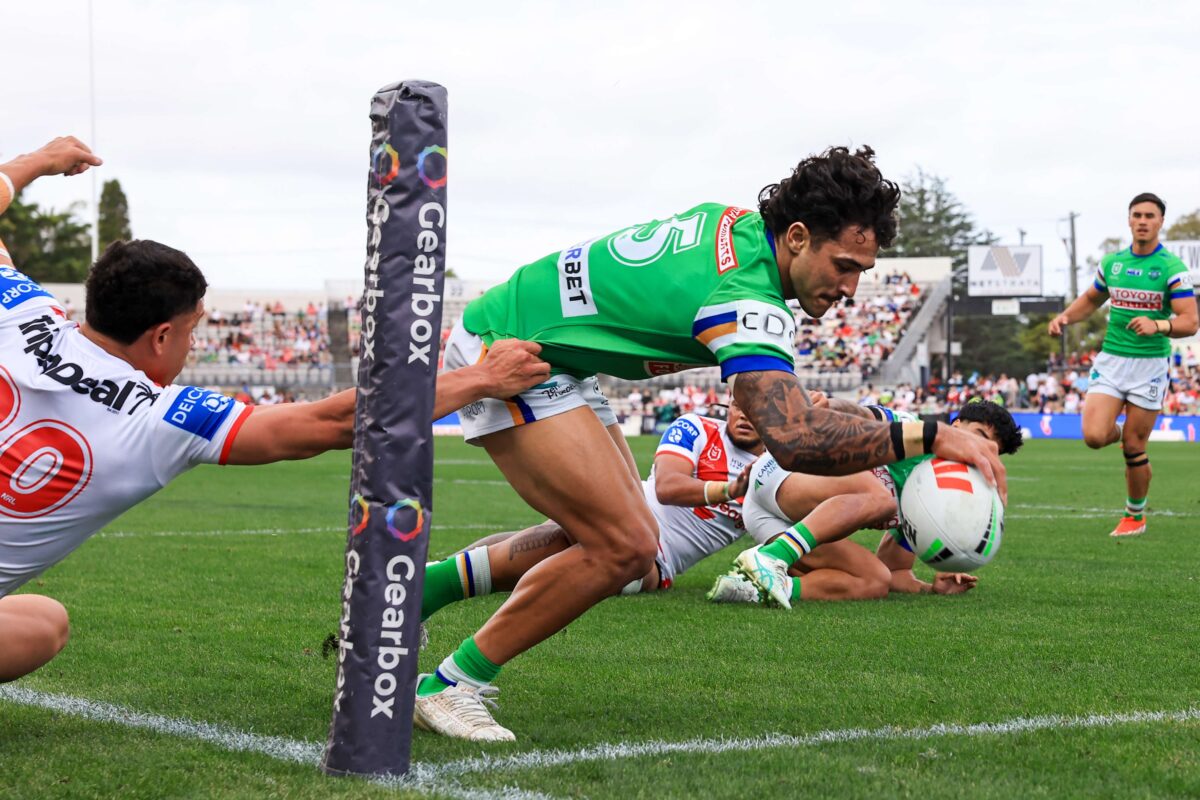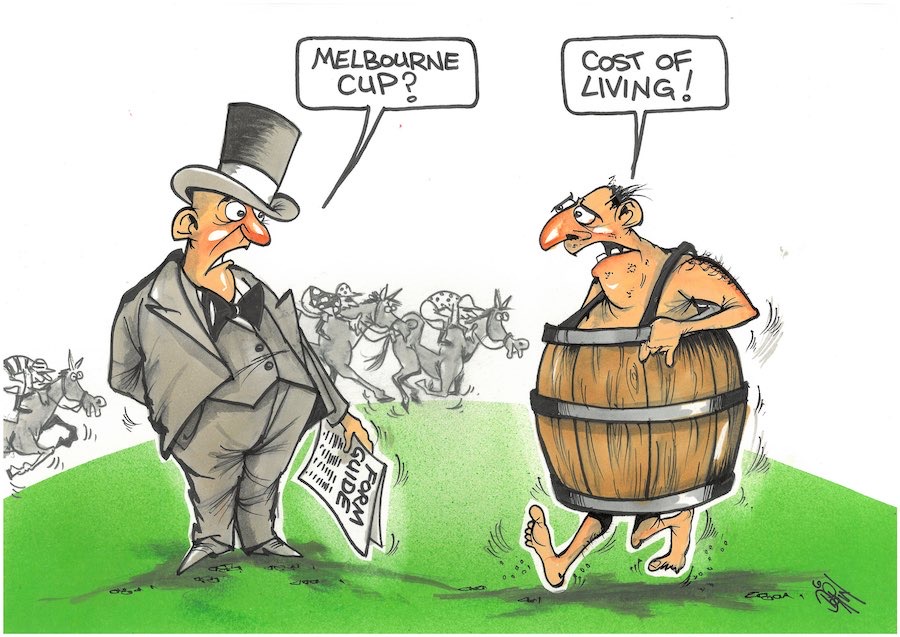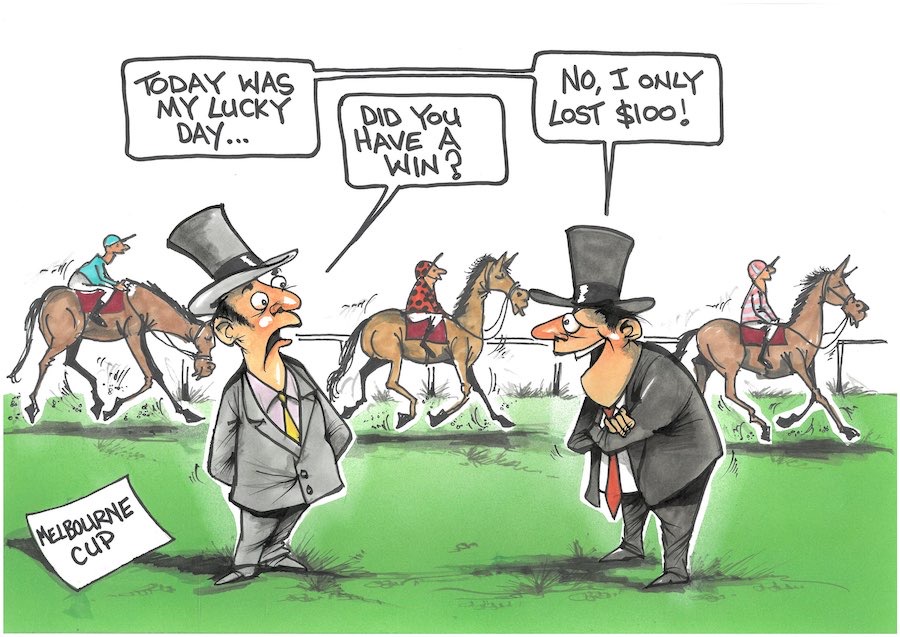WHEN I began sports commentating (when dinosaurs roamed the world, according to my kids) there were no mobile phones or computers, let alone social media.

The only feedback we received after calling a game was via the post with a letter arriving in the mail often weeks after the event, a telephone call back to the station or if you bumped into somebody in the street or in the pub. There was no such thing as instant feedback.
Because feedback was often face-to-face it wasn’t over-the-top and a level of commonsense prevailed. It was all very civilised and controlled.
It was the same with the players; they were cocooned from much of the outside world and none the wiser about how supporters felt about their performance.
I remember the surprise experienced by Raiders’ players when they won the ‘89 Grand Final. They knew they had a level of support but were shocked by the reception on their return from Sydney after beating Balmain.
In 2017 it is totally different. The feedback is instant; a player can go on social media straight after a game for an assessment of their performance. It can be brutal following a loss and, to a certain degree, extremely destructive when the athlete is emotionally fragile.
I sometimes hear coaches say they don’t want players speaking to the mainstream media on game day or even the day before because of the impact it could have on their performance.
If I was a coach I would be less concerned about speaking to journalists and more worried about social media.
Through social media many of the behavioural norms go out the window with some feeling as though the only way for their message to stand out is to exaggerate their criticism. I say criticism because the majority of social media posts appear to be critical. There are some expressing instantaneous sheer joy but from my perspective they are heavily outweighed by posts expressing anger and vitriol. They call for players, coaches, anybody involved in the team to be sacked.
Players have cited social media as the stimuli for bringing on depression.
Players tell me that following a loss they avoid social media because of the impact it can have on their confidence coupled with the fact that they know the comments are going to be harsh.
The problem is that sporting teams now recognise the power of social media with evidence that ticket sales increase through marketing campaigns entirely focused on Facebook and Twitter.
For the campaign to be powerful it needs input from the players, it is seen as an avenue for players to interact with fans.
It is no different in the wider community with major concerns about what amounts to bullying on social media leading to depression.
In the media we are not immune to the impact of social media. It is now the norm to call for people to send SMSs during games.
You will get a few saying they are enjoying the call, some contributing to the general discussion, others commenting on what is happening on the field. Then, out of the blue, you might get one saying you are the worst commentator ever, standards have slipped because of you and is there a chance you could be replaced by another caller at half time.
I admit the first time it happened I was taken aback and it took me a few moments to get back into my stride. These days I cop the criticism and move on, but I am 55 years of age and probably have a greater ability to handle it than a sportsperson in their twenties.
We talk about the impact of alcohol and gambling and its association with sport, how about adding to this conversation and spending some time thinking about the impact social media has on sportspeople.
Who can be trusted?
In a world of spin and confusion, there’s never been a more important time to support independent journalism in Canberra.
If you trust our work online and want to enforce the power of independent voices, I invite you to make a small contribution.
Every dollar of support is invested back into our journalism to help keep citynews.com.au strong and free.
Thank you,
Ian Meikle, editor








Leave a Reply